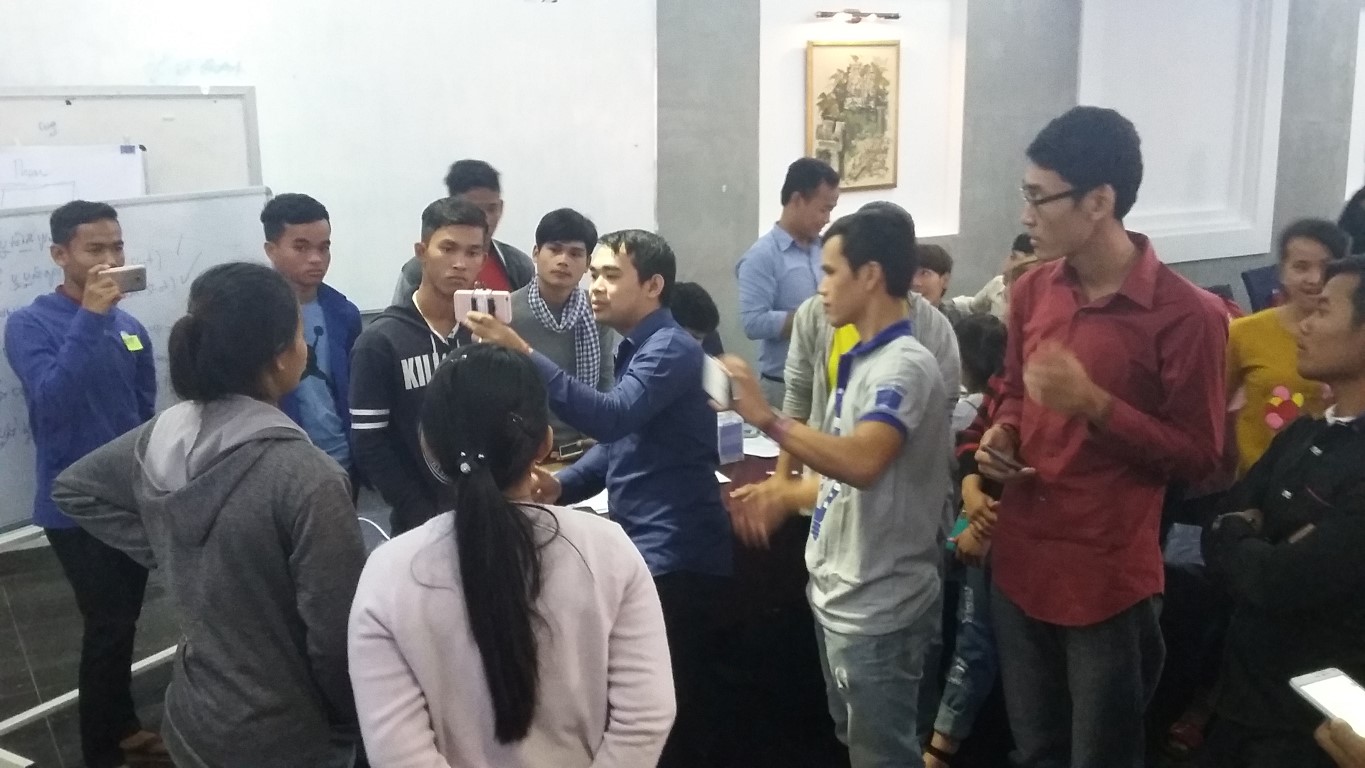Despite the Ministry of Information’s renewed commitment to pass an Access to Information (A2I) Law within the next three years, the violent crackdown on independent broadcaster Mam Sonando’s protest last week demonstrates that the government’s commitment on this front is faltering, becoming a concern for civil society. The continued lack of transparency within the Ministry of Information regarding radio and TV licensing is contradictory to its mission to distribute information to the Cambodian public and represents a violation of citizens’ human and constitutional rights to freedom of expression.
Lack of information from government agencies creates many problems in Cambodia, building an environment of impunity where injustice thrives, provoking protests, conflict and violence. Broadcast licensing is just one area that is in need of increased transparency. Like Sonando, Freedom of Information Working Group (FOIWG) member Cambodian Center for Independent Media (CCIM) has repeatedly been denied a radio license for its Voice of Democracy (VOD) newscasts, with unclear reasons given as to why. The Ministry of Information must restore its commitment to transparency, releasing public information regarding license pricing and the number and range of frequencies issued.
An A2I Law like the one the ministry has committed to passing would force decision makers throughout the government to justify their decisions and would bring benefits across all sectors of society, not just to radio and TV licensing. This law would open up the economic and democratic processes for full participation and provide Cambodian citizens with information on the decisions that directly affect their daily lives, including national and local budgets and prices for public services.
The FOIWG consists of 30 NGOs and networks committed to demanding passage of an A2I Law that conforms to international standards. FOIWG members represent a vast swath of Cambodian society, all of which stand to benefit from an A2I law.
“I believe providing access to information will guarantee transparency not just in media licensing, but on other important issues, such as human rights violations, corruption and socio-economic disparity,” said CCIM Executive Director Pa Ngoun Teang.
“The Access to Information Law is very important because it enables citizens to fully participate in the development process that affects them, and through their active participation it helps the Government to be more effective, especially in their effort to promote transparency, accountability and to fight against corruption,” said Transparency International Cambodia Executive Director Mr. Preap Kol.
“This law would allow for full disclosure of information on administrative services at the national and subnational levels, reducing the financial burden on citizens,” said Mr. Hong Kim Suon, chairman of the Coalition for Integrity and Social Accountability.
As the Royal Government of Cambodia prepares to pass an A2I Law, it must begin now to take steps to provide full disclosure to its citizens. As a first step, the undersigned FOIWG members ask the Ministry of Information to release public information regarding TV and radio licensing and to consider every license application in a fair and transparent manner.

